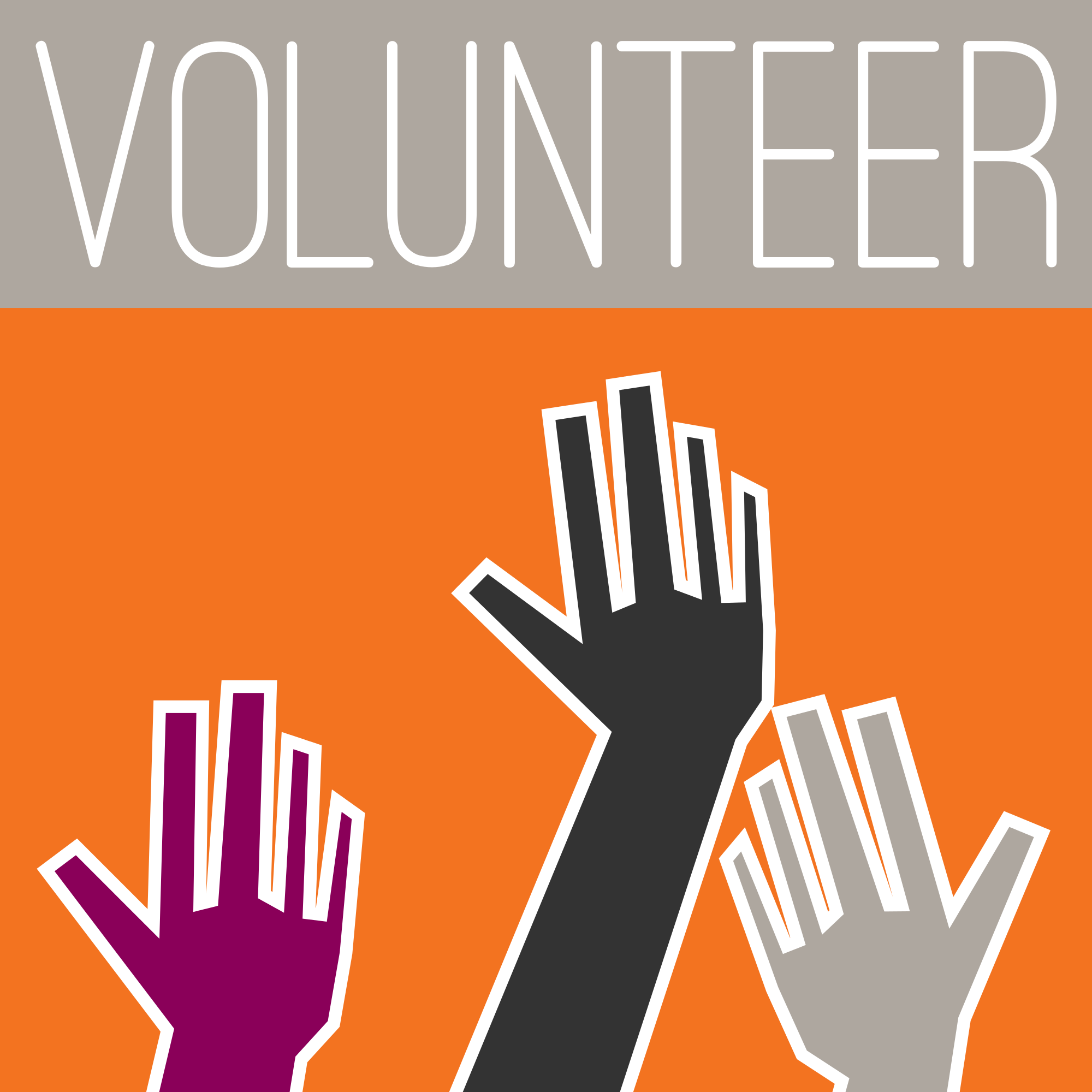 |
| Screenshot of my Saturday morning Facebook status |
My district made the wonderful (🤔😒😕) decision to start school about three weeks earlier than it normally would. It also made the decision to start with a completely full week of school. I really like getting eased back in with a half week. When does your school year start? Full week? Half week?
The week before, when I was planning out the first week, I was really grateful for my blog (someone has to be right?). It was great to go back to this post and see what I had done and how it had worked the year before.
We had shorter class periods all week this week for Week of Welcome (WOW). We had our now elusive seminar at the beginning of each day this week. I'm having a hard time connecting with this group of kids. I don't know if it's the "chemical" makeup of this particular group, the fact that I barely know them (I could maybe remember 3 of their names outside of the students that are also in my English classes - though I don't really know their name and faces yet either), or that I just had such a great relationship with my previous seminar that my gauge is off.
Anyways, since we had shorter class periods and an entire week, I broke things down a little differently this year.
On Monday, I passed out all the important first-day documents, and I read through portions of the syllabus with the kids, pointed out the late work policy, and that they needed to bring Chromebooks, but if they didn't I had them covered. I then showed them the class set I accumulated in 2014. I told them it would cost them a class participation point though if they used one of mine (by the end of the week, 2 of the classes all had theirs and in the remaining 3 only a few needed to borrow one). Then, we did a Kahoot that was about me and the room. It was the same one we did last year. It worked really well and helped me begin crafting relationships with a few students who found that I liked to watch Game of Thrones because of it.
The day was interesting in the way that the energy between me and the students really had a drastic change between Periods 2 and 3 where I switch from CP to Honors. The 10th-grade honors students just really gave back nearly the same amount of energy that I was giving to them. Just really drove home that this group of kids is my niche.
The next day, I had them take a first-week survey. There were some memorable responses to some of the questions.
For instance, I had a question that asked if there was another name—other than their name on the roll—they would like to be called. One of the students said I could call him a stick of butter as long as I was consistent. I'm going to like this kid.
This was an intriguing answer to what they liked most about the previous year.
|
- What did the buffalo tell his son when he left to college? Bison
- I told my girlfriend she drew her eyebrows too high. She seemed surprised.
- Why did the quadrilateral get late to school? Because it was on the Rhombus
- Q: What did the DNA say to the other DNA? A: Do these genes make my butt look fat
- why did the duck go to rehab? because he was quack addict!
- what's forrest gump's password? 1Forrest1
- Teacher: "Kids, what does the chicken give you?" Student: "Meat!" Teacher: "Very good! Now what does the pig give you?" Student: "Bacon!" Teacher: "Great! And what does the fat cow give you?" Student: "Homework!"
Wasn't sure how to take that last one, but thought I would share it anyway.
This transitioned them into the updated BreakoutEdu from last year. There were, of course, those that didn't like it because it was a challenge but when surveyed, the students mostly seemed to like that they were challenged and had to think critically. Here are the some of the survey results from that activity:
Wednesday and Thursday, I got kids signed up for NoRedInk, Verso, and Actively Learn. Thanks to the Breakout, they were already signed up for Google Classroom. I had practice activities for Verso and Actively Learn and a planning diagnostic for NoRedInk. The purchase order for Actively Learn hasn't come through yet, so I'm back to a free plan. I'm anxious to get back to the Team Plan, especially since I have a cluster of ELs in my two 11th-grade classes and would like to set up some differentiation for them. A lot of students, including many of those ELs, didn't complete the Actively Learn assignment (answer 2 questions and make one annotation shared with the class), so I sent out a comment on Google Classroom encouraging them to finish it this weekend and I'll look at them again on Monday.
Friday was spent getting student's blogs set up and showing them how to make a post. I had planned on doing a reflection on Kid President's Guide to Being Awesome, but I think I'll have to find time to fit that in next week. I might push back the narrative essay a day and have students do it Monday.
I've also realized, after a week of doing the exact same thing in all my classes, that I wouldn't want to teach the same prep all day. I did it once about 6 years ago, but I need the change of pace more now I think.
How did your first week go? I hope it was a good one.
















